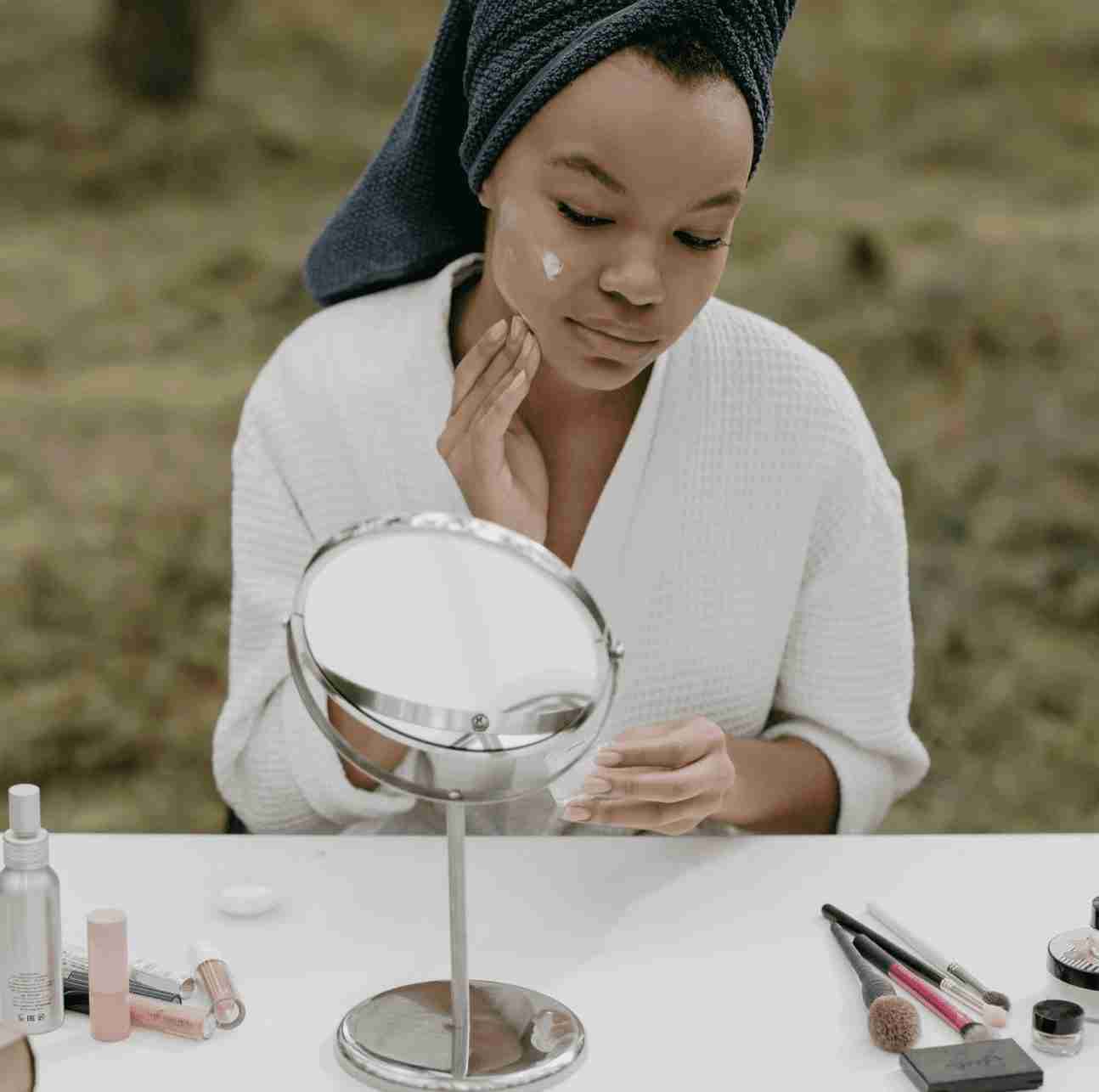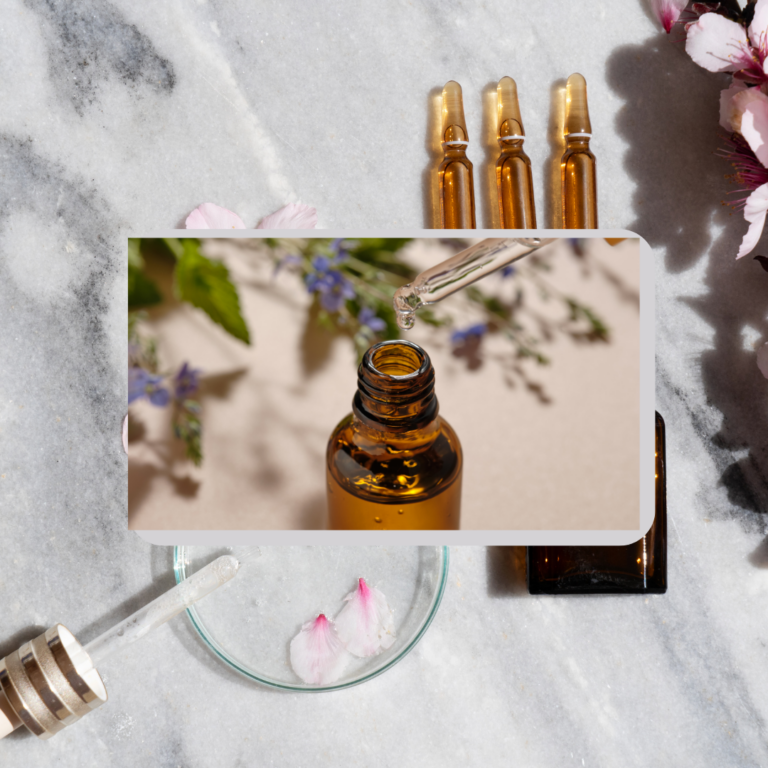5 Vitamins You Need For Healthy Glowing Skin
Healthy and glowing skin begins from within. Your diet makes a huge difference in the skin’s appearance. Adding specific vitamins essential for the skin to your diet can significantly improve how the skin feels and looks. Vitamins may be applied topically to the skin with serums and creams.
You can also take vitamins in the form of supplements or in the diet. The vitamins consumed will be transferred to all parts of the body, and this will ultimately lead to healthy and glowing skin. Below are the five vitamins necessary to having smooth and nourished skin.
The Vitamins Necessary For Smooth and Nourished Skin
Vitamin A
Vitamin A helps prevent aging and acne. If you are exploring ways to minimize all the signs of aging on the skin, you must understand the role of retinol. This form of vitamin A is highly effective in preventing signs of aging in skin. Vitamin A can be ingested or applied topically to achieve these effects.
Vitamin A reduces fine lines and wrinkles, and also helps boost collagen production. Great food sources of Vitamin A include spinach, egg yolks, carrots, seafood, whole milk, and tomatoes.
When collagen is produced by the body, it increases the skin’s elasticity. This improves the appearance of the skin and makes it more resistant to damage caused by free radicals. To ensure your body stays hydrated and fully nourished, consider vitamin IV therapy. You can experience IV therapy’s benefits from the comfort of your home with the vitamin IV drip Los Angeles by Drip Hydration, Solution IV and Cienega Med Spa.
Vitamin B3
Vitamin B3 treats sun damage and pigmentation issues. Exposure to the sun’s rays may give a great dose of vitamin D, but prolonged exposure can be harmful to the skin and cause significant damage.
When skin is unprotected from UV-A and UV-B rays for long periods of time, skin pigmentation occurs, causing dark spots to form as the skin tries to protect itself. UV-C rays are less harmful to skin as these rays are fully absorbed by the ozone layer.
When taken orally, vitamin B3 protects the skin from the harmful sun rays and prevents the uncontrolled growth of skin cells in patients at high risk of skin cancer. It also reduces hyperpigmentation by preventing the transfer of melanosomes from the skin cells. Excellent food sources of vitamin B3 include tuna, mushrooms, green peas, avocado, liver, peanuts, and kidney beans.

Vitamin C
Vitamin C acts as an antioxidant in the body, protecting the body from damaging free radicals. This vitamin is mainly found on the skin’s outer layer, known as the epidermis. It helps maintain skin elasticity by aiding in collagen formation. Vitamin C also can help treat photodamage caused by ultraviolet rays.
Taking Vitamin C supplement everyday should be part of your morning coffee routine.
Taking vitamin C also fights aging and reduces wrinkles on the skin, and helps keep hair healthy. If you need more vitamin C in your diet, you can consume papaya, peas, groundnuts, Brussel sprouts, kale, strawberries, and guava.
Vitamin E
Vitamin E helps prevent dry skin. If you examine labels of vitamin E on cosmetic products, you may have noted that they shine like a bright star. It’s primarily used for dermatological benefits. Vitamin E neutralizes the harmful effects of free radicals and keeps the skin healthy. It protects the skin from the harmful effects of UV rays and helps keep the skin conditioned.
Oxidative stress and signs of aging can be reduced by supplementing this vitamin. When handled properly, it will help keep the skin moisturized and reduce skin inflammation.
You can apply vitamin E topically to minimize exposure to the sun’s rays. You can include foods in your diet to increase vitamin E such as: avocado, kale, spinach, almonds, olives, broccoli, pine nuts, and parsley.
Vitamin K
Vitamin K prevents stubborn dark spots and light scars on the skin. It’s best known for helping blood clotting but also helps treat several skin conditions and is believed to aid skin healing. Vitamin K fights wrinkles and dark circles under the eyes. It also lowers the purple discoloration on the skin. Research shows that this vitamin also reduces dissolved skin pigmentation and helps heal bruises.
To increase vitamin K intake in your diet, consider adding Swiss chard, romaine, parsley, cauliflower, and cereals to your diet. Lettuce, turnip greens, and cabbage are also good sources of vitamin K, including vitamin K1, K2, and K3. You can also get supplementary vitamin K to boost the levels in the body to achieve healthier skin, though vitamin K deficiencies are rare.
If you are worried about your immune system, there are 15 immune boosting foods and supplements you should consider. Why exercise can’t keep up with a bad diet. to help you lose weight.
Learn more about 10 top Emsculpt Neo health and fitness benefits-less fat more muscle(my review)







